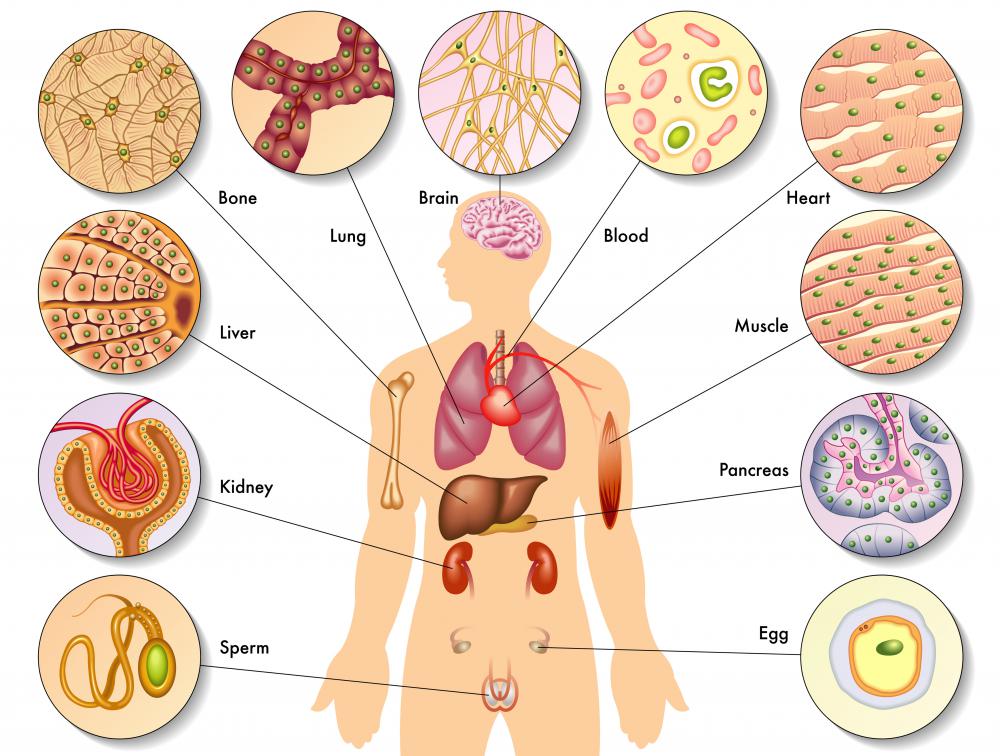At WiseGEEK, we're committed to delivering accurate, trustworthy information. Our expert-authored content is rigorously fact-checked and sourced from credible authorities. Discover how we uphold the highest standards in providing you with reliable knowledge.
What does "Inter Vivos" Mean?
The application of Latin names to legal concepts is a tradition that dates back to the earliest developments in common law. The term inter vivos, which is Latin for “between the living,” is an example of a Latin term that is used in several different aspects of transactional law. It is differentiated from “testamentary” transactions that imply that the transfer will occur after the death of the transferor. The three most common uses of the term are in property transactions, the creation of a living trust, and organ donation.
An inter vivos transfer of land is another way of saying that there will be a land conveyance between two people who are still alive. Very often, people who are close to death will make inter vivos transfers of land that would otherwise be testamentary gifts in their will to the party receiving the land. There are multiple possible reasons for this, though the most common are the tax ramifications. In many countries, the estate taxes are so high that it benefits the receiving party financially to receive the land while the bequeathing party is still alive.

Many people elect to have their organs donated upon their death, but there is also a need for inter vivos organ donation, that is the donation of an organ from a living person. Most commonly, kidneys are the subject of inter vivos organ donation because of the fact that people can function adequately with one healthy kidney. There are often political and ethical concerns with inter vivos organ donation, including the question as to whether donors should have the right to sell their organs inter vivos, rather than donate them.

An inter vivos trust is created when a person who owns personal or real property, called the settlor, declares the property to be held in trust for another party, who is called the beneficiary. Trusts are generally created to avoid the probate process, which may result in the property not being used the way the settlor would intend or ending up in the hands of another person. To avoid this, the settlor creates an inter vivos trust that explicitly enumerates the purpose of the trust, the party to be benefited by the property, as well as the person who shall be responsible for the care of the property — called the trustee. While this eliminates a lot of the risks that are inherent in the probate process and generally confers tax benefits to the parties involved, the disadvantage is that ownership in the property is not fully vested in the beneficiary so there are certain restrictions on the use and disposition of the property.
AS FEATURED ON:
AS FEATURED ON:













Discuss this Article
Post your comments